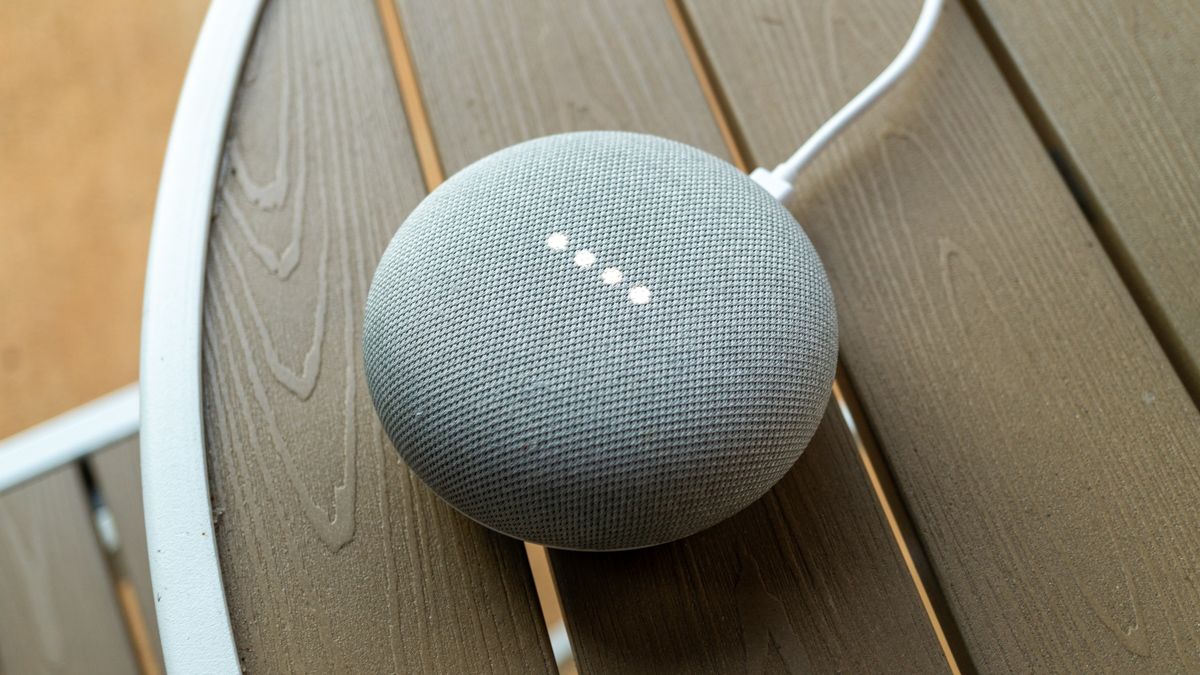An ongoing patent dispute with Sonos has made the Google Home ecosystem significantly worse for music fans. Some of Google's best home audio features, including universal volume control and flexible speaker grouping, have been stripped away from Nest and Chromecast products. But Google is finally leaving the courtroom with good news: two of Sonos' patents are invalid.
Within the next 48 hours, Android users will regain the ability to add individual Nest and Chromecast products to multiple speaker groups. In other words, you can create a speaker group for your living room, bedroom, kitchen, and bathroom on top of your whole-home speaker group, all without buying new speakers. This functionality will also be re-enabled on iOS, though Google doesn't provide a specific timeline for iOS rollout.
Previously, a federal jury ruled that Google's speaker group functionality violated two Sonos patents. This ruling forced Google to disable multiple speaker grouping in September 2023. But the ruling was dismissed in federal court on October 10th—the court found that both of Sonos' patents are invalid, as the patents were submitted five years after Google presented its concept of a flexible whole-home smart speaker system to Sonos in hopes of a collaboration. The court writes that "this was a case of the industry leading with something new and, only then, an inventor coming out of the woodwork to say that he had come up with the idea first."
Sonos says that it will appeal this ruling. But, if it's any concession to Sonos, the Google Home ecosystem still lacks two key audio features. Universal audio control was ripped from Nest and Chromecast products in a previous infringement case, so Nest and Chromecast users are forced to manually adjust the volume of each individual speaker in their home. And the Google Home app no longer lets you control Nest or Chromecast volume from your smartphone's volume buttons. Synchronized volume control over a wireless network was a serious innovation when Sonos patented the idea nearly two decades ago. But the idea seems very simple and obvious today, which is probably why Google is fighting in court instead of paying the relevant licensing fees.
The legal dispute between Google and Sonos is far from over. Still, for customers who already own a ton of Google hardware, this is a big win. Just know that Sonos has had a fair amount of success in targeting Google, and this success may continue in the future. The October 10th ruling is also subject to an appeal from Sonos.
